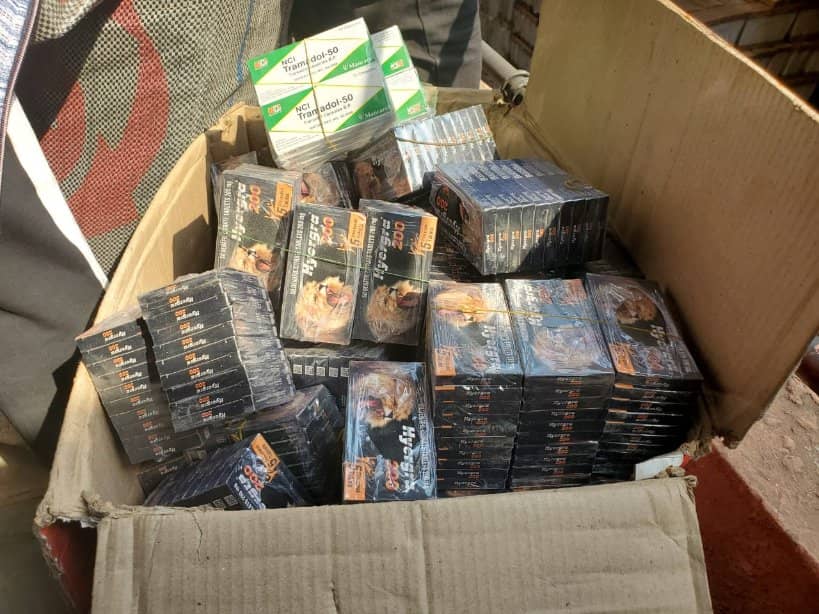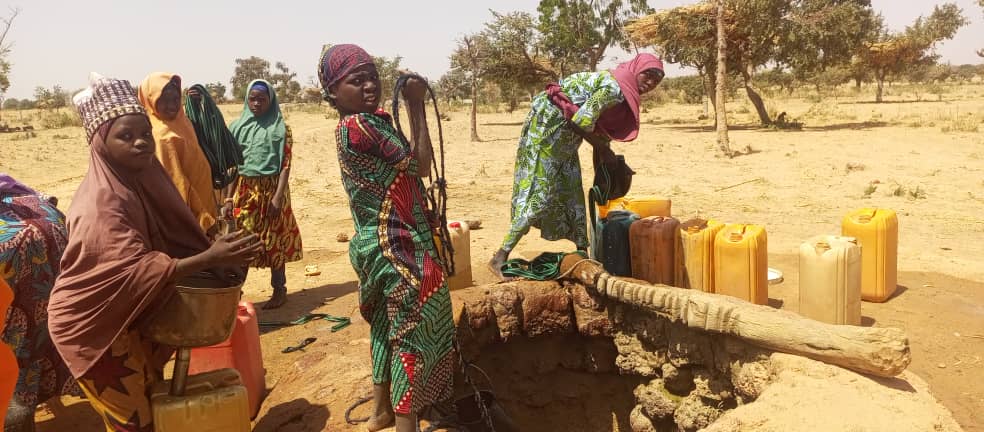•Ex-military president says accusation against his govt injured investigation, as other possible suspects, clues couldn’t be followed
•Accuses media of giving political connotation to a criminal act
From Juliana Taiwo-Obalonye, Abuja
Former military president, General Ibrahim Badamasi Babangida, has revisited the unresolved murder of journalist Dele Giwa in his newly released autobiography, “A Journey in Service.”
The former Head of State spoke on the Dele Giwa murder in Chapter 10, entitled “The Challenges of Leadership” between pages 204 and 206.
In the book, which was unveiled in Abuja on Thursday, February 20, 2025, Babangida expressed hope that the mystery surrounding Giwa’s death would eventually be unravelled, while vehemently denying any involvement by his administration.
Dele Giwa, the co-founder and editor-in-chief of Newswatch magazine, was killed on October 19, 1986, by a parcel bomb delivered to his Lagos home—a first-of-its-kind assassination in Nigeria.
Reflecting on the incident, Babangida described it as “wicked and cruel,” stating that it deeply shocked the nation and left him personally shaken. “I had just lost a friend,” he wrote. “Giwa was a good friend… I valued his deep insight on national issues and respected his views as a media leader.”
Babangida dismissed allegations that the parcel bomb originated from government quarters as “cheap and foolish,” arguing that such claims defied logic.
“Why would an officially planned high-level assassination carry an apparent forwarding address of the killer? Why would a government-planned crime point directly at the suspect?” he questioned in his book.
The former president criticised the Nigerian media for what he called an adversarial approach that hindered investigations into Giwa’s murder. “The hysteria of the media did not help the investigation,” he said. “It was an attitude of ‘we versus the government,’ where the government is adjudged guilty even before evidence is adduced.”
Babangida revealed that he had ordered a thorough investigation into Giwa’s death, instructing police and intelligence agencies to report daily on their findings. However, he lamented that political overtones and public sentiment clouded the process. Speaking on his efforts to find Giwa’s killers, Babangida wrote: “I promptly ordered the Inspector General of Police to assign the best possible investigative team to the case and report to me daily. I also instructed the State Security Service and Military Intelligence to recall all recent encounters with Mr Giwa and other senior journalists and submit a detailed report to me promptly.
“The Newswatch management took recourse in the law by taking the murder case to court through their lawyer, Chief Gani Fawehinmi. However, the Newswatch team’s recourse to play to the gallery of public sentiment did not help the case. Directing public focus to only one suspect, namely the administration, may have hurt the path of a fruitful investigation.
“In any credible crime investigation, you limit the chances of success by limiting the circle of suspicion to only one direction. Worse still, when a crime is committed, to ascribe an exclusive political motive to what should first be a criminal act never helps. It helps the real criminals escape the political smoke and cloud.
“The involvement of high-profile lawyer Gani Fawehinmi and the populist slant given to the case by the media poisoned the investigation with political overtones. The investigation into the Giwa murder became part of the tools in the armour of a growing political opposition targeted at discrediting the military over the planned political transition programme and human rights issues.
“The legal drama and political grandstanding combined to muddle the work of the police and intelligence investigators towards getting a factual report on this cruel and criminal act. What the campaigners failed to realise was that even under a military regime, crimes will be committed by persons and agencies that may not be directly related to either the military establishment or the government. The best way to cover up for heinous crimes would be to craft them in a manner that includes the government among the suspects so that what should ordinarily be a criminal investigation is drowned by political actions and populist sentiments.”
The late journalist had been accused by military intelligence shortly before his gruesome murder of plotting a socialist revolution, a claim he denied. Babangida suggested that Giwa’s popularity made him a prime target for those seeking to destabilise his administration. “Giwa’s murder was part of a series of booby traps and acts of destabilisation being hatched against the administration,” he wrote. Despite multiple investigations—including a revisit during President Olusegun Obasanjo’s civilian administration—the case remains unsolved nearly four decades later. Babangida expressed regret over this but maintained hope for eventual closure: “I keep hoping the truth will be uncovered in our lifetime or after us.”




 1 day ago
31
1 day ago
31








 English (US) ·
English (US) ·